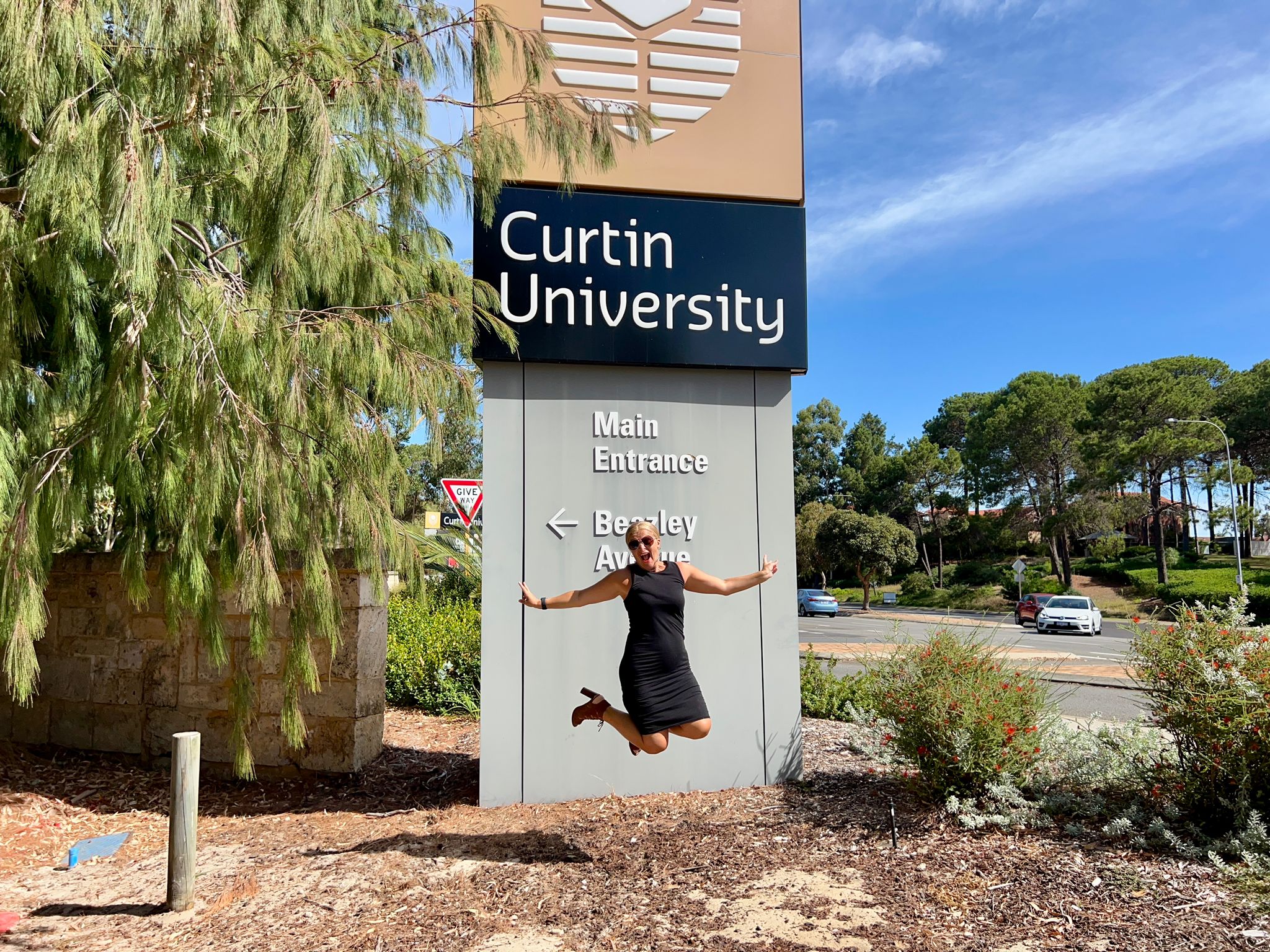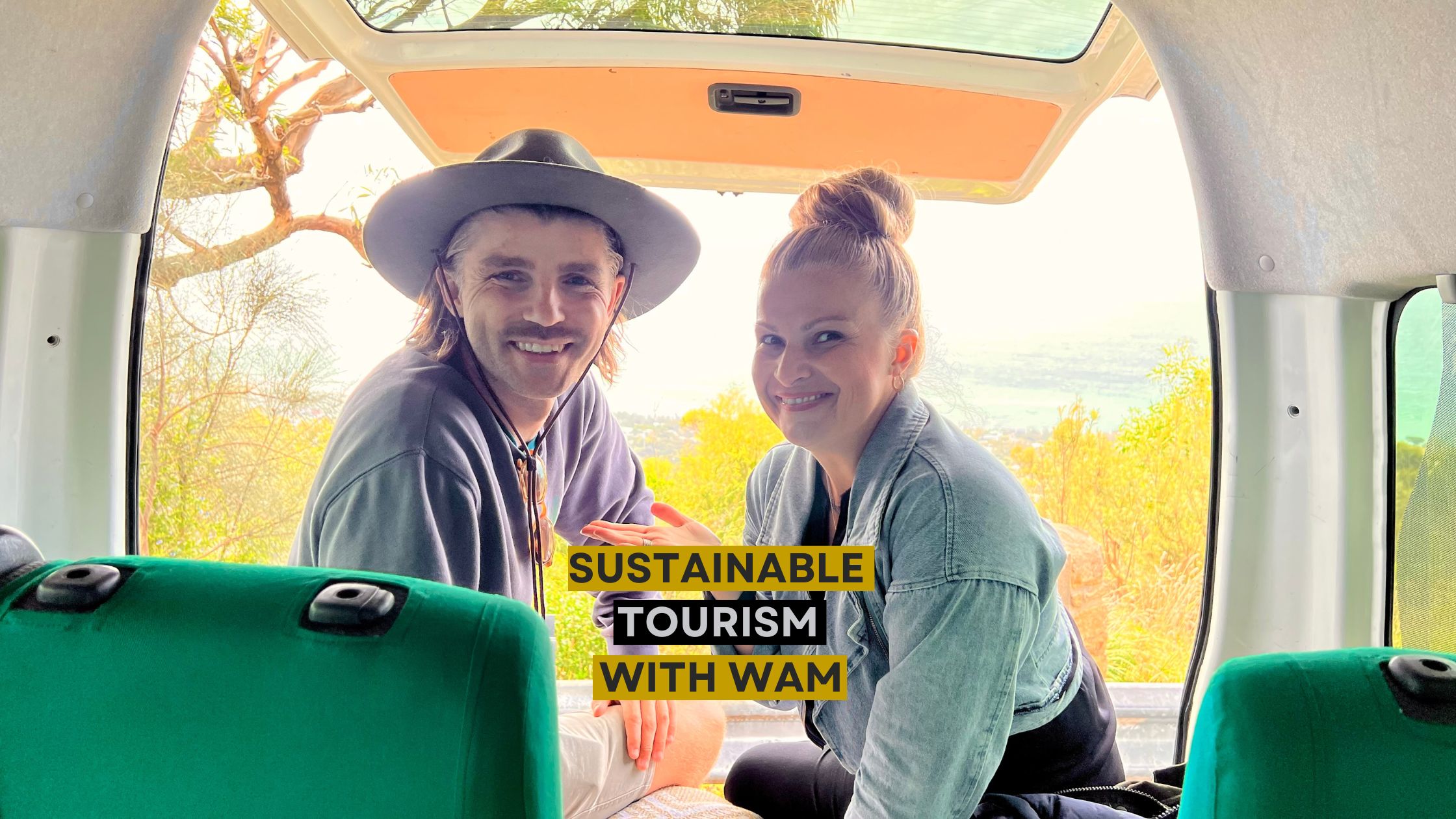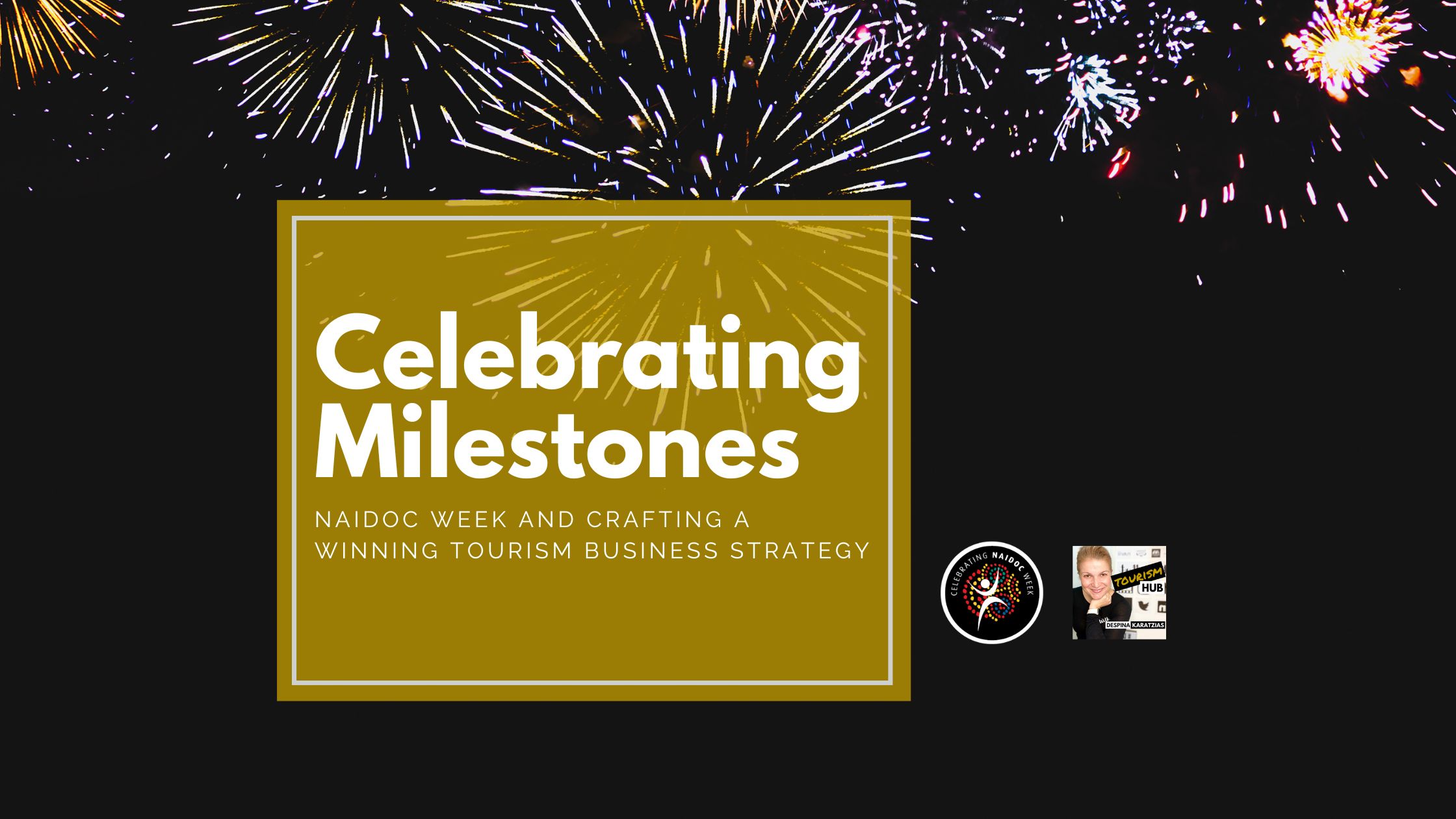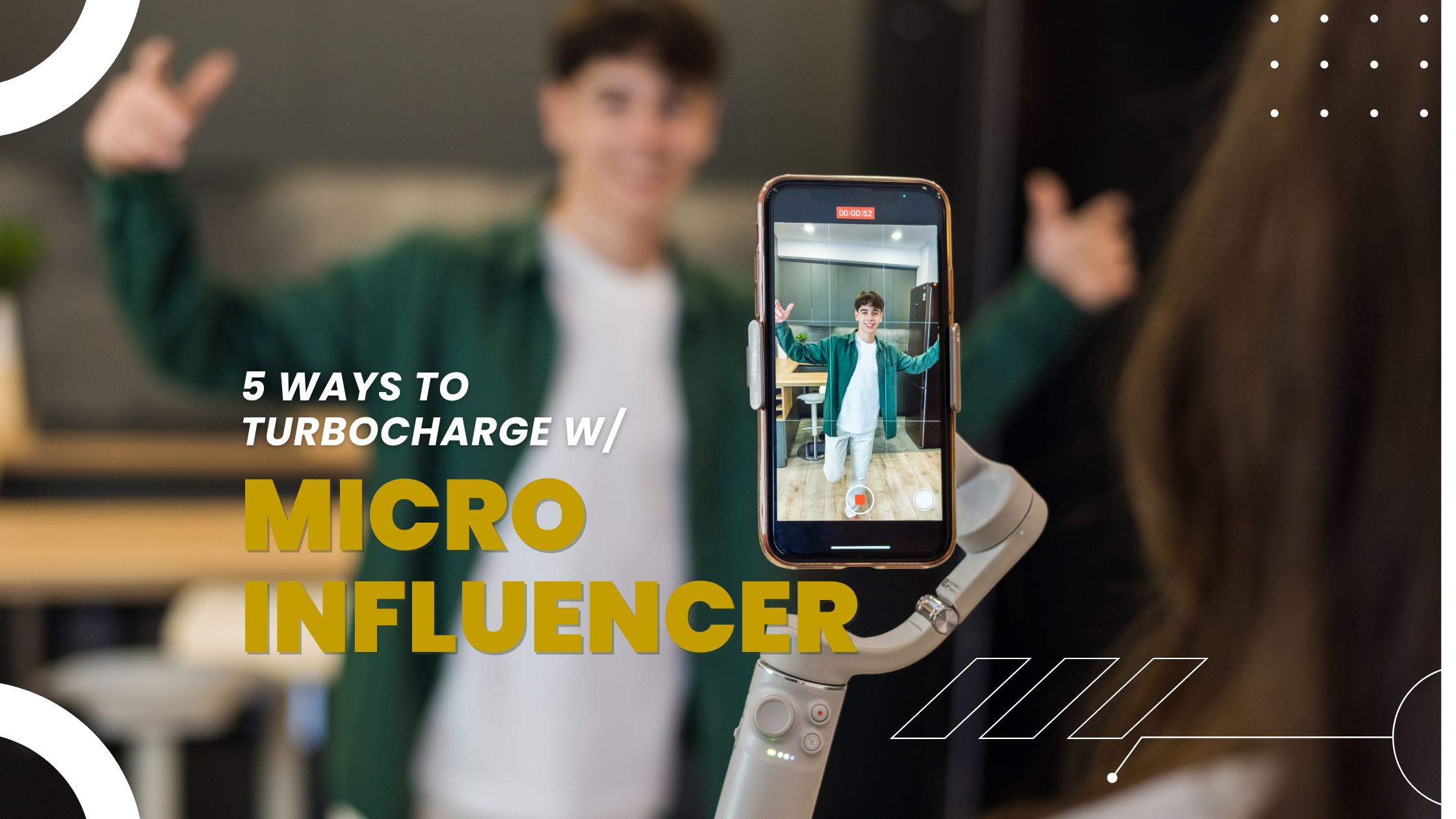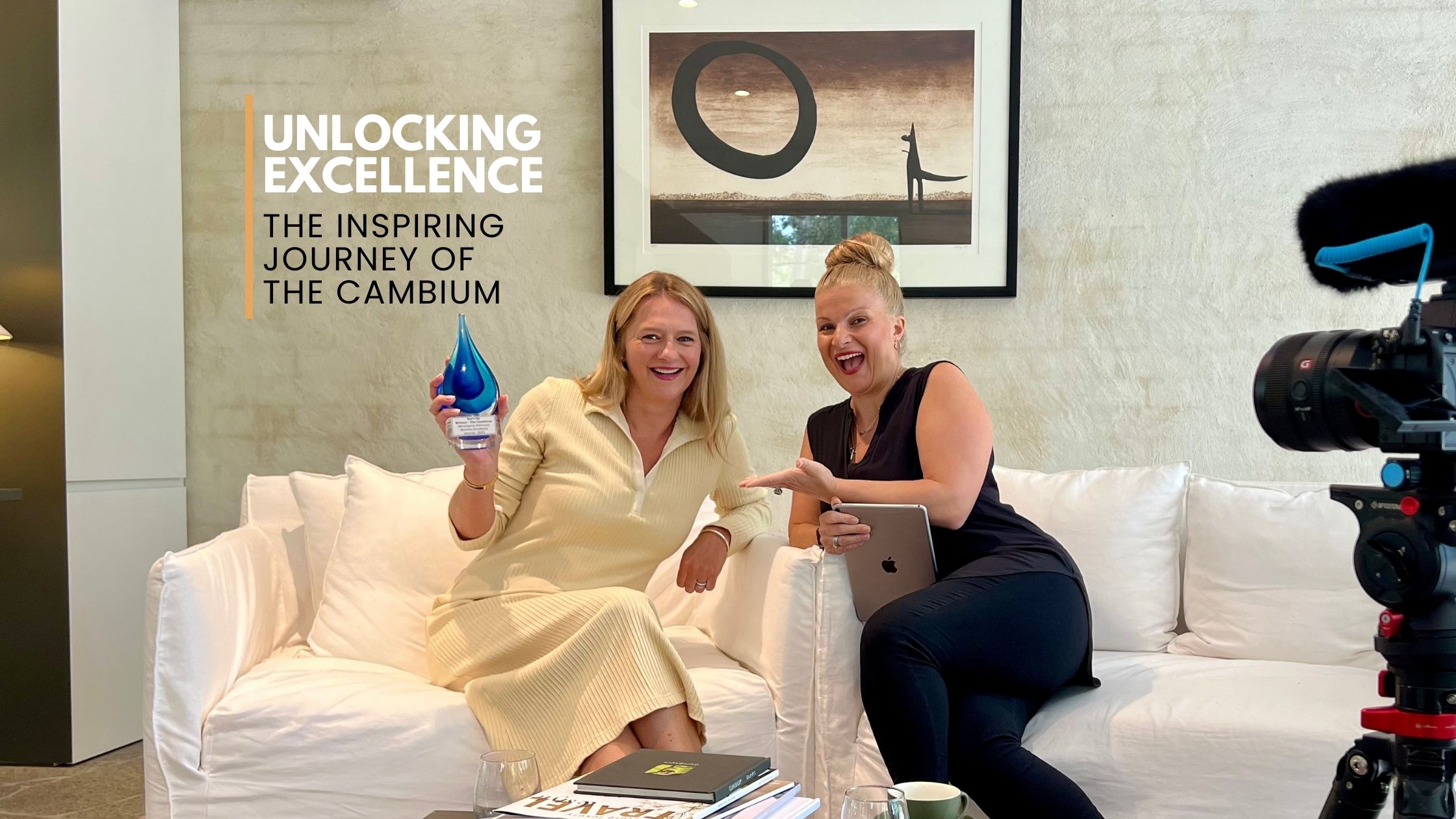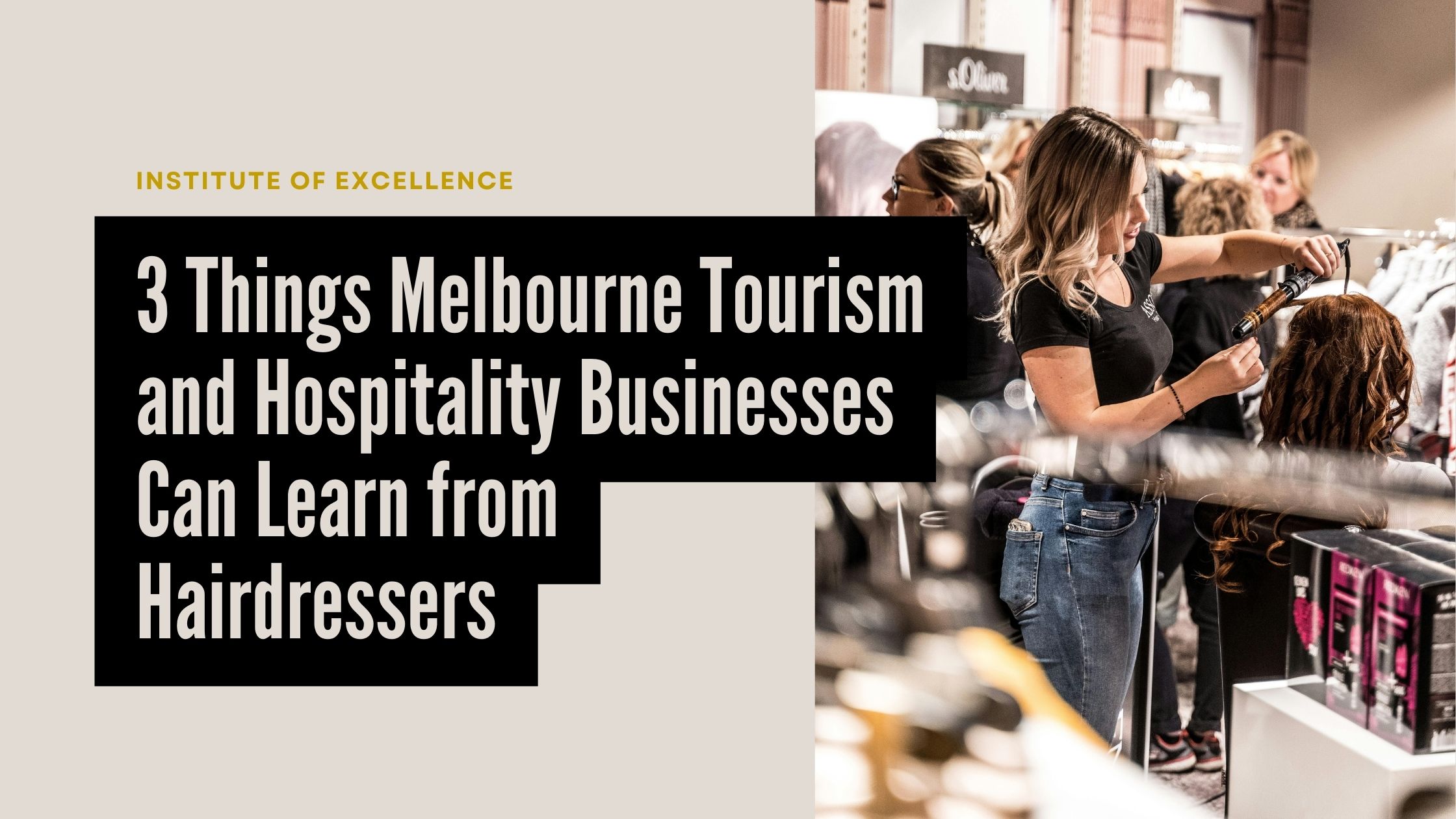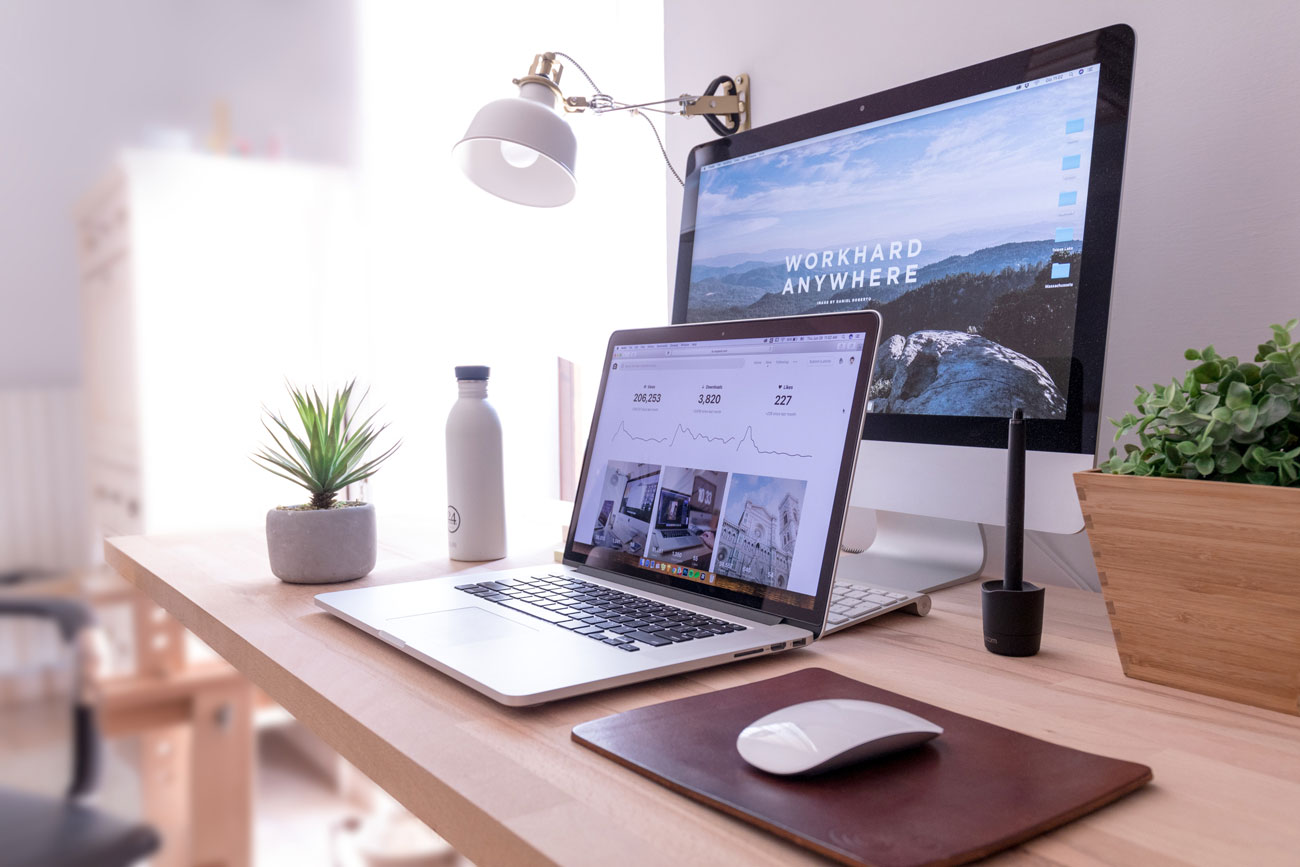Facebook has been in the headlines for all the wrong reasons. Following questions from a recent social media class I delivered recently, on what this means for the future of Facebook I thought I would share with you my thoughts as well as ’10 Tips to Protect Your Facebook Account and Your Business’. Five tips for your privacy and five for your online business activity.
At the end of 2017, Facebook had over two billion active personal accounts. Newer platforms like Instagram and Pinterest are catching up, but Facebook remains the most popular social network worldwide.
Reports of misuse of Facebook users’ data by Cambridge Analytica, however, have raised public concerns over security. The #DeleteFacebook movement has reached its peak, and although it may not be time to delete your Facebook account just yet, there are measures you can take to protect your data and your business.
It’s hard for many people to imagine life without social media. As well as personal use of Facebook to keep up with friends and family, Facebook remains a central business engagement and community tool for the foreseeable future.
Many businesses, community groups, and sports clubs use the platform for marketing and communication and over a billion people also use the Facebook Messenger app as a convenient way of chatting and connecting with friends at no cost.
If you are concerned about the Cambridge Analytica scandal, deleting your Facebook account isn’t the only option if you’re worried about the privacy of your data. Here are some tips and reminders of what you can do to improve your security on the platform and your business from its digital assets.
Think about how you use social media.
By signing up to social media platforms like Facebook, you allow them to collect data about you and track your activity. The more time you spend on your account and the more updates you share, the more data you give away.
If your smartphone has the Facebook app and your account is permanently logged on, you also risk giving away things you may not want to. If you want to see how much Facebook knows about you it may be useful to, download all of your personal Facebook Data.
Log out before you browse the web.
Even if you aren’t concerned about what’s happening to your data, it’s a wise habit to log out of Facebook when you aren’t using it. If you use a computer at work or don’t have your smartphone secured, there’s a risk someone could access your account.
Many websites use remarketing ads that share browsing history with Facebook to target you with specific advertising. Facebook denies tracking a user’s browsing activity, but the use of cookies allows some sites to share data with the social media platform.
Switching to “incognito” or “private” on your web browser is a way of blocking the code that can track your browsing activity. Google Chrome has the option to clear all cookies at the end of a session, and this can reduce sharing of data with Facebook. Understand what apps may be sharing your data. The Cambridge Analytica scandal in March 2018 related to the use of third-party apps on Facebook. That is one of the most significant areas of concern when it comes to possible abuse of personal data.
Check your smartphone and Facebook account settings to see what data you are allowing to get shared. There is also a risk here that your friends and connections on Facebook may enable access to the sharing of your data.
Check the “Apps Others Use” module on your Facebook account and deselect all of the information listed to prevent this. Here’s how to adjust your privacy and data sharing settings per Facebook’s new tools.
Hide your location from Facebook. There are times it can be useful for social media sites to know where you are, but this can be a weakness in your security.
To stop Facebook locating you, go to the settings on your smartphone and set the location to “Never.” Another way to prevent Facebook knowing where you are and what you’re doing is to delete the mobile app from your smartphone altogether and access the site via a browser. Treat strangers with caution. Treating strangers with caution may sound obvious, but accepting friend requests from strangers or people, you know little about can lead to problems.
Treat strangers online as you would treat strangers in real-life encounters. Allowing people, you don’t know to see your photographs, personal information, and your daily activity by accepting requests to connect carries risks.
It’s good practice to review your list of Facebook friends every few months and block those with whom you don’t have an active relationship. Think whether old work colleagues, friends from schools and people you have no real connection with should be on your list. The more extensive your circle of friends on Facebook, the more visible you are.
Deciding to delete your Facebook account may not be necessary if you improve your security settings and reduce how much personal data you share. It’s important to understand that although the platform is free to use, Facebook makes money by advertising and selling data to third parties.
Now, let’s get down to business!
For the love of social media, I always remind my students that all our public social media activity is rented space, meaning you do not own any of it. You do not own the platform. You do not own your business page and, you do not own the relationship between you and your customers there. What has recently happened with Facebook is a reminder to us all of this and to prioritise our strategies.
Let’s take stock of your digital assets and the digital assets you own that can help protect your business!
Your Website. Your content mix and number one location to house it must be your website.
Blogs, vlogs, podcasts, videos. Build it here and use social media platforms as vehicles for people to come and visit you.
This is your house. The property you own.
Optimise it, measure it and know how you are performing for your target keywords. What type of content a are you sharing on your website to tell your story?
There are many ways to authentically showcase your brand, your love and customer experiences on your website.
Take an audit of your site and seek feedback from new and existing customers. Are you portraying the best of your business in the best possible light?
Your Earned Media. Who in your niche has a community of followers that can tell your story in their own words?
An influencer is not just an Instagrammer with a considerable following. Every one of your customers is an influencer with their own social media community and circle of friends.
Embracing a culture of encouraging sharing and online reviews in all phases of your customer interactions and communication strategy will ensure you increase your earned media opportunities. Your Email. The first group email you sent was your first online experiment of getting social online.
Direct communication to a list of customers who have opted in and said to you, ‘yes I want to hear from you direct to my inbox regularly’ remains one of the most influential communication tools in your marketing mix. You own the list.
You own the relationship. You, not an algorithm, control the influence. This is powerful and often overlooked in favour of social media. Your Social Media Activity. Social media platforms are not a one size fits all solution. Your efforts to grow your community and brand across multiple channels will go a lot further if you engage and treat them natively.
What works on Facebook is not going to work on Instagram and what works on Twitter is not going to work on Facebook, and so on.
To get the most significant return on your investment and engagement, respect your social communities on the native platforms they choose to follow you on.
Upcoming Training: Will you like to learn more about how to leverage Facebook and digital marketing strategies to grow your business?
Next month, in collaboration with Institute of Digital Marketing and Holmesglen Institute, I will be delivering our first short courses, Facebook for Business and Digital Marketing for Small Business. These are both 4-week courses, one night per week, including a practical lab session to apply and put into practice all your learnings.
For more information and to register your interest see:
Facebook for Business – commencing Wednesday 2nd May 2018
Digital Marketing for Small Business – commencing Thursday 3rd May 2018
About Despina
Thank you so much for reading this post.
Igniting excellence in people is the reason I get out of bed every morning. It is also the reason why I started InstituteOfExcellence.com in 2014.
Developing industry training and development programs to help the tourism business community thrive is how I serve and support experience and place makers. Training and development programs delivered specialise in the power of digital, social media and tourism-specific marketing strategies. Connect with me on Facebook, Instagram, Twitter
Get Your FREE eBook “Top 10 Marketing Mistakes Made by Small Business” and How to Overcome Them.
If you have an unwavering passion for tourism and would like to connect with over 300 tourism professionals come over and join the conversation at the Your Tourism Excellence Private Facebook Group
